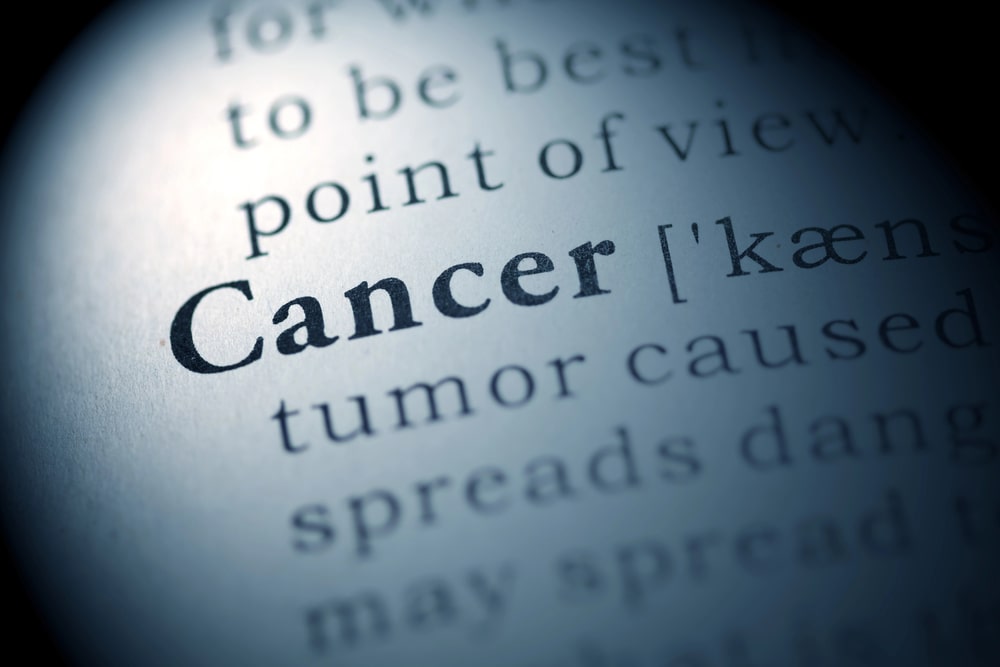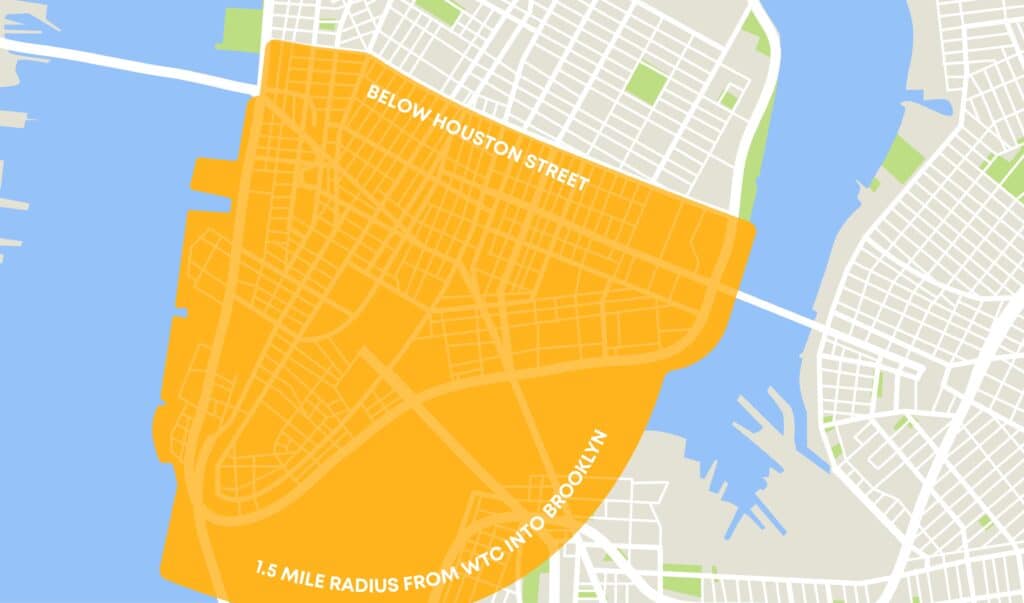
The latency period for cancer is defined as the amount of time that elapses between the initial exposure to a carcinogen and the diagnosis of cancer. If you were diagnosed with cancer after 9/11 but before the latency period for that particular type of cancer, the World Trade Center Health Program will determine that your cancer was not caused by toxic exposure from 9/11 and you will not be eligible for compensation or medical treatment.
Latency Periods for 9/11-Related Cancers
The World Trade Center Health Program and the Environmental Protection Agency determined minimum latencies for the following five types or categories of cancer:
- Mesothelioma – 11 years. If you are filing a claim for mesothelioma, you must have been diagnosed no earlier than 11 years after September 11, 2001, to be eligible for compensation.
- Solid cancers (not including mesothelioma, lymphoproliferative, thyroid and childhood cancers) – four years
- Lymphoproliferative and hematopoietic cancers (including all types of leukemia, lymphoma and multiple myeloma) – 146 days
- Thyroid cancer – two and a half years
- Childhood cancers (excluding lymphoproliferative and hematopoietic cancers) – one year
Contact Weisfuse & Weisfuse LLP Today
At Weisfuse & Weisfuse, LLP, our attorneys take prompt action to help our clients seek justice. Compensation can address years of costs related to cancer. If you believe that your cancer is a result of injuries or exposure from 9/11, call us at 212-983-3000 or contact us to schedule a free consultation.







